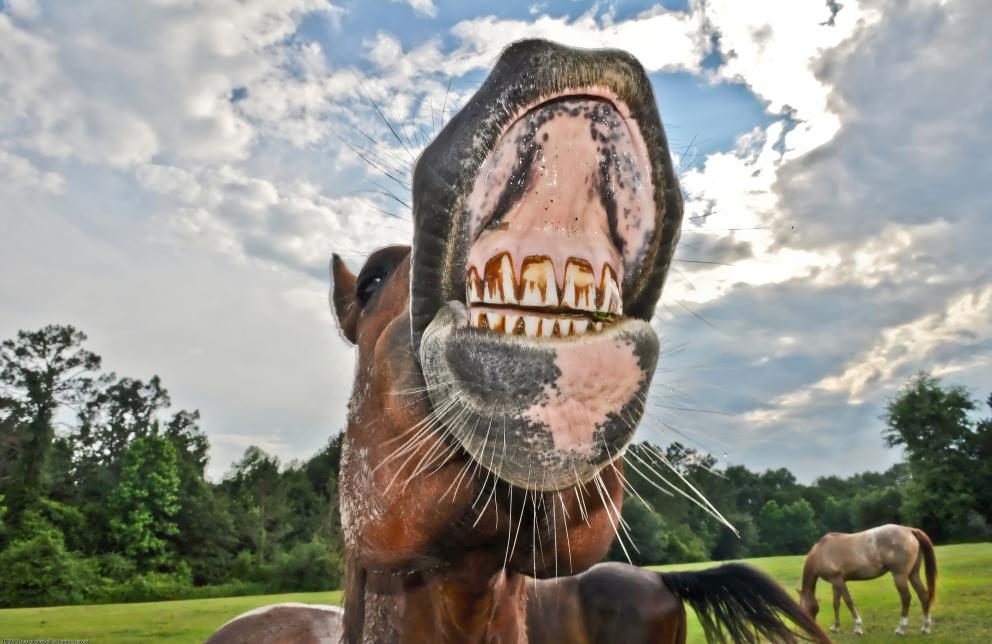Horse enthusiasts know that maintaining a horses health involves more than just feeding and grooming. An often overlooked aspect of equine care is equine dentistry procedures. Understanding these procedures is essential for ensuring the overall well-being of your horse. Proper dental care can prevent various health issues and enhance your horse’s quality of life.

What Are Equine Dentistry Procedures?
Equine dentistry procedures refer to a range of practices aimed at maintaining and improving the oral health of horses. These procedures are crucial for preventing dental diseases and ensuring that horses can chew their food properly, which directly impacts their nutrition and overall health.
Why Is Equine Dental Care Important?
Much like humans, horses require regular dental check-ups to prevent and address dental issues. Poor dental health can lead to difficulties in eating, weight loss, and other health complications. Regular dental hygiene routines can help mitigate these risks.
The Role of an Equine Dentist
An equine dentist is a specialized professional who understands the complexities of horse dental anatomy. They perform routine checks and various procedures to maintain your horse’s dental health. Regular visits to an equine dentist help in early detection of potential issues, ensuring timely intervention.
Common Equine Dentistry Procedures
1. Floating Teeth
One of the most common equine dentistry procedures is floating. This involves filing down the sharp points that develop on the horse’s teeth. These points can cause ulcers and discomfort if left untreated. Learn more about teeth floating.
2. Tooth Extraction
Sometimes, a tooth may be damaged or infected beyond repair. In such cases, extraction may be necessary. This procedure requires precision and expertise to ensure the surrounding teeth and gums are not harmed.
3. Corrective Procedures
Horses may suffer from dental misalignments that affect their ability to chew properly. Corrective procedures can help align the teeth, improving the horse’s ability to process food and reducing the risk of colic.
4. Periodontal Treatment
Gum disease is a common issue in horses, which can lead to tooth loss if not addressed. Periodontal treatment involves cleaning the gums and teeth to prevent disease progression.
Signs Your Horse Needs Dental Attention
Recognizing the signs of dental issues can help you seek timely care for your horse. Some common indicators include:
- Difficulty eating or chewing
- Dropping food
- Weight loss
- Bad breath
- Facial swelling
How Often Should Horses Get Dental Check-ups?
It is generally recommended that adult horses receive dental check-ups at least once a year. However, younger horses and seniors may require more frequent visits. More information is available on dental check-ups.
The Impact of Diet on Equine Dental Health
A horse’s diet plays a significant role in its dental health. A balanced diet can help maintain healthy teeth and gums, while poor nutrition can exacerbate dental problems. For more insights on equine nutrition, visit this external resource.
Choosing the Right Equine Dentist
Selecting a qualified equine dentist is crucial for effective dental care. Look for professionals with the right credentials and experience to ensure your horse receives the best possible care.

FAQs About Equine Dentistry
1. What is the most common dental issue in horses?
The most common issue is dental overgrowth, which can lead to sharp points on the teeth. These points can cause pain and difficulty eating.
2. How can I tell if my horse needs a dental check-up?
Signs like difficulty chewing, weight loss, and bad breath indicate that your horse might need a dental check-up.
3. What age should I start dental care for my horse?
Begin dental check-ups early, ideally when the horse is one year old, to catch any developmental issues.
Equine dental care is an essential aspect of horse health. Regular equine dentistry procedures can prevent serious health issues and ensure your horse leads a comfortable and healthy life. For more information on this topic, you can visit equine dental care.
This article contains affiliate links. We may earn a commission at no extra cost to you.
